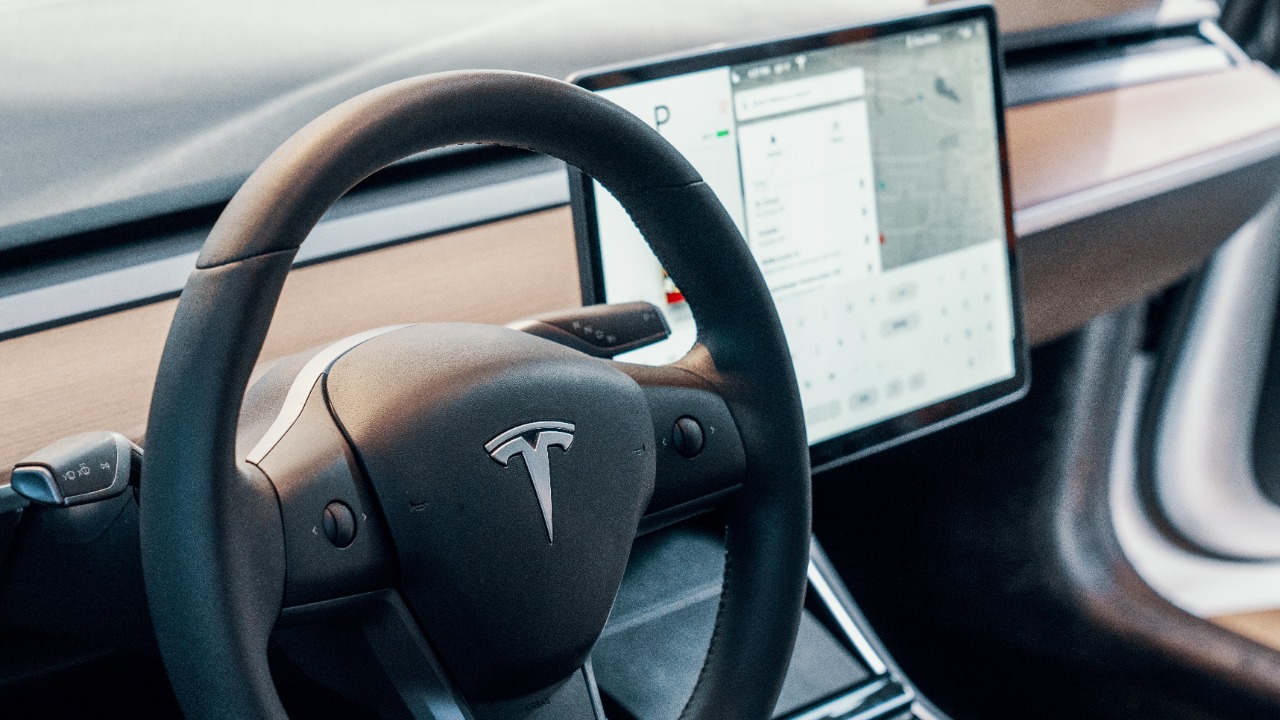
In the modern age of technology, our cars have become more than just transportation. They’re now sophisticated machines equipped with advanced features that enhance the driving experience. However, these advancements also come with privacy concerns. Many of the features that make our cars smart can also be used to collect vast amounts of data about us. Here’s how your car might be gathering information about you.
Telematics Systems
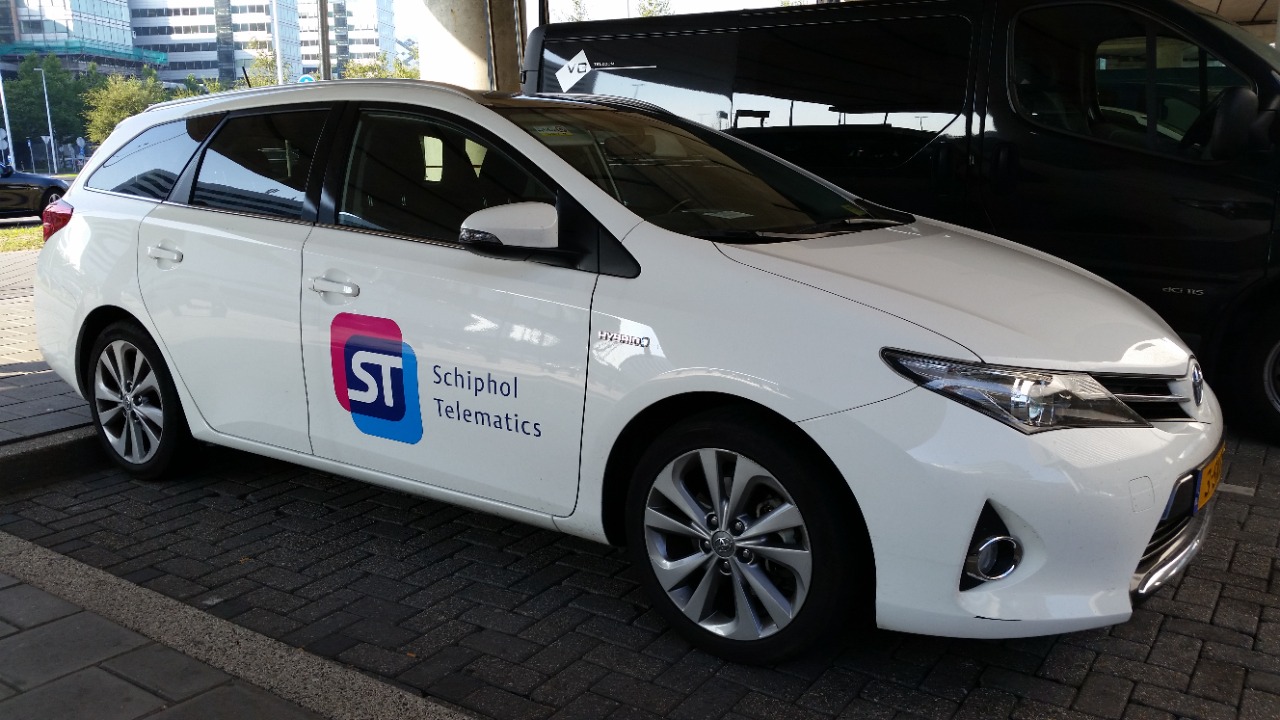
Telematics systems are integrated into many modern vehicles, offering a range of services such as navigation assistance, emergency response, and vehicle diagnostics. These systems, like OnStar in GM vehicles, collect data on your driving habits, speed, and location. While this might be useful for service reminders or emergency assistance, it also means that your driving behavior is being monitored closely.
Beyond this, insurance companies often use telematics data to adjust premiums based on driving habits. Although this might lead to discounts for safe drivers, it raises questions about how much personal driving data is shared with third parties. For a deeper understanding of the implications, check out this article.
GPS Tracking
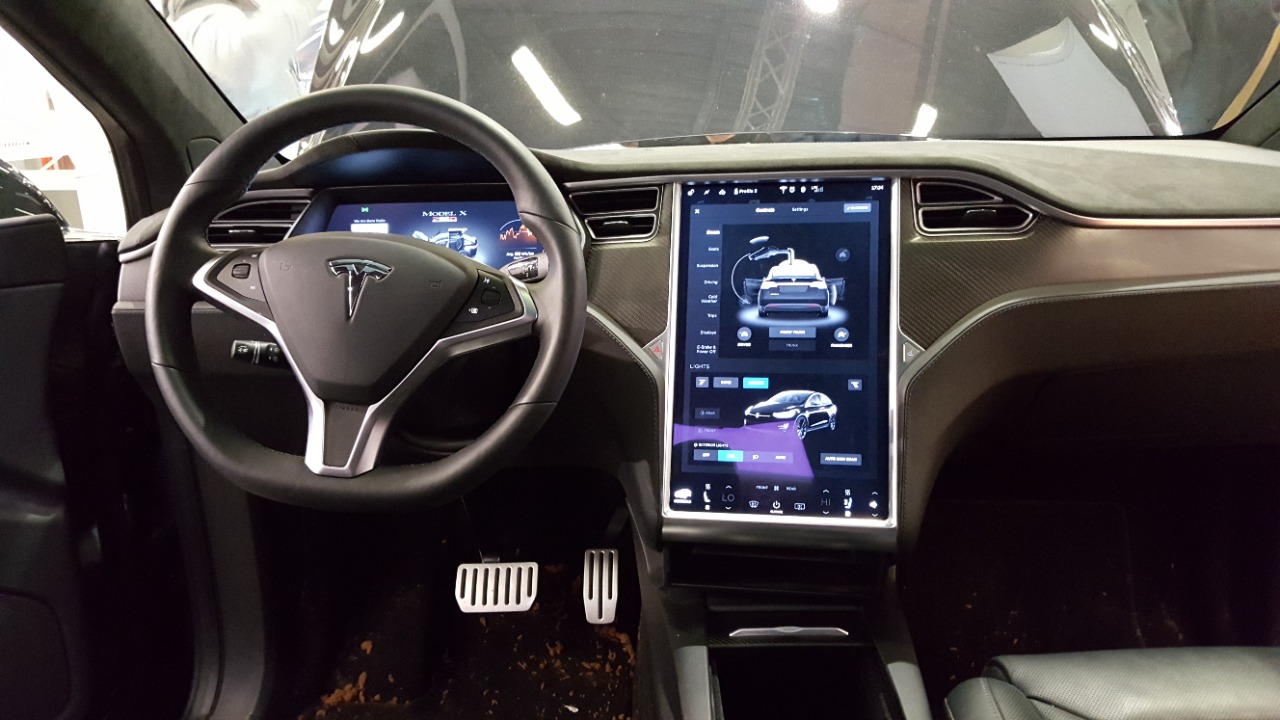
GPS tracking is a standard feature in most vehicles today, designed to offer navigation assistance and improve route efficiency. However, the data collected can be extensive, logging every trip you make, including stops and destinations. This information can be stored and shared, often without your explicit knowledge.
Car manufacturers and app developers may have access to this data, potentially sharing it with advertisers or other third parties. While some systems allow you to opt-out, the process might not be straightforward, and the extent of data sharing can be unclear. For an eye-opening view, watch this video that delves into the details.
In-Car Cameras
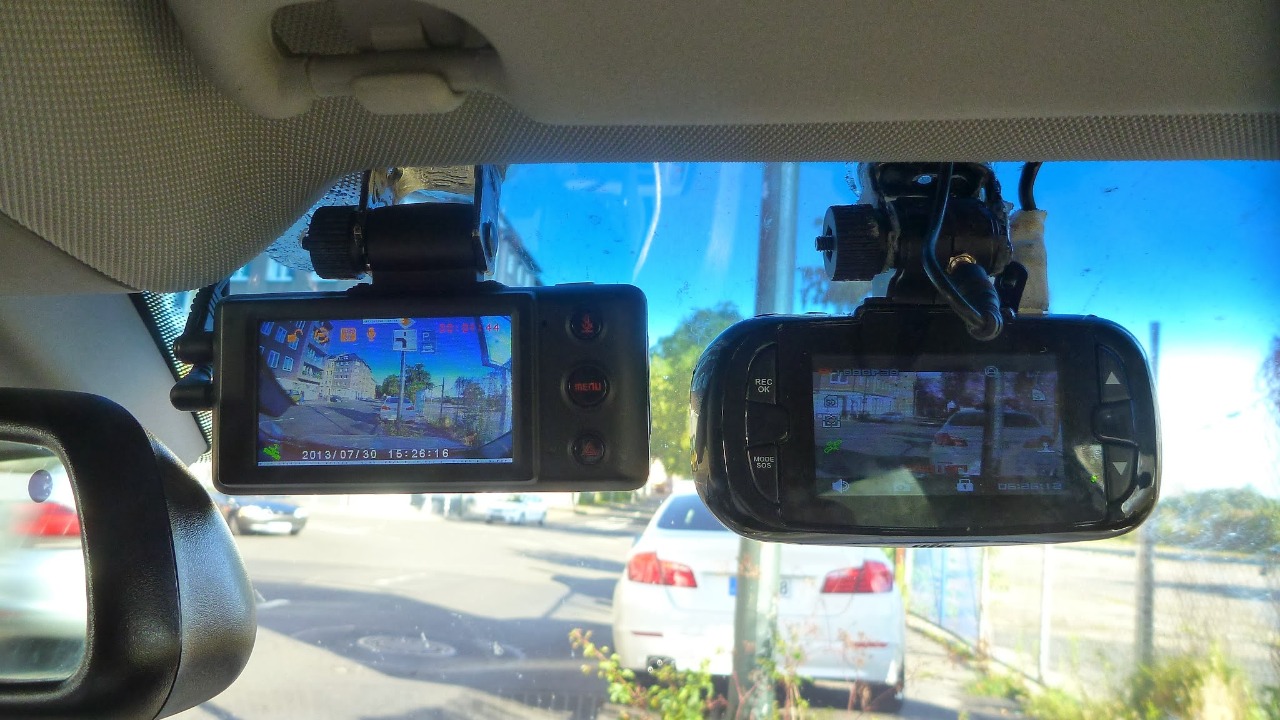
Many new cars come equipped with in-car cameras, meant to enhance safety through features like lane-keeping assistance and driver fatigue detection. These cameras can capture visual data from both inside and outside the vehicle, potentially recording sensitive information.
While the primary intention is safety, the footage can be stored and accessed by manufacturers or service providers. This raises concerns about how this visual data is used and who ultimately has access to it. For more insight into privacy concerns with vehicles, visit this article.
Voice Recognition Software
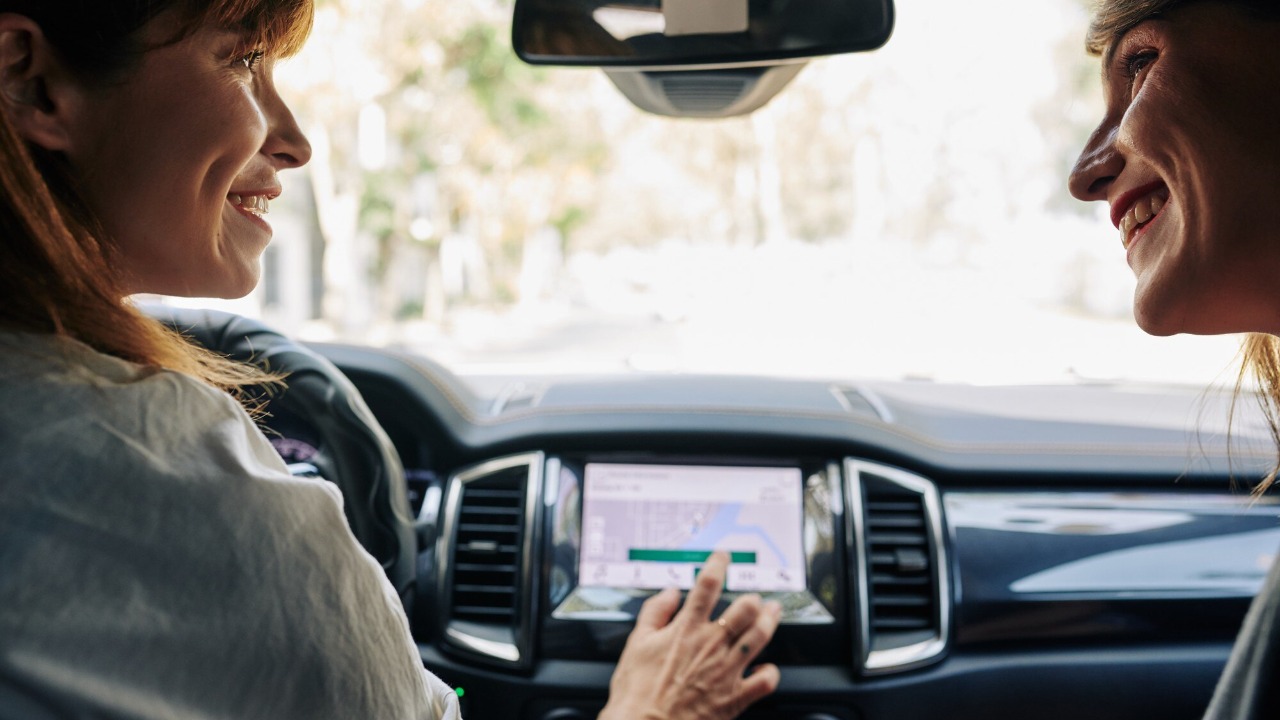
Voice recognition technology in cars allows for hands-free operation of various functionalities, from placing calls to setting navigation routes. This convenience comes with the cost of privacy, as these systems continuously listen for voice commands, potentially capturing conversations inadvertently.
While manufacturers claim that the data is used only to improve voice recognition accuracy, there is concern about where this data is stored and who can access it. The technology’s ability to understand and process natural language suggests a sophisticated level of data collection.
Smartphone Integration
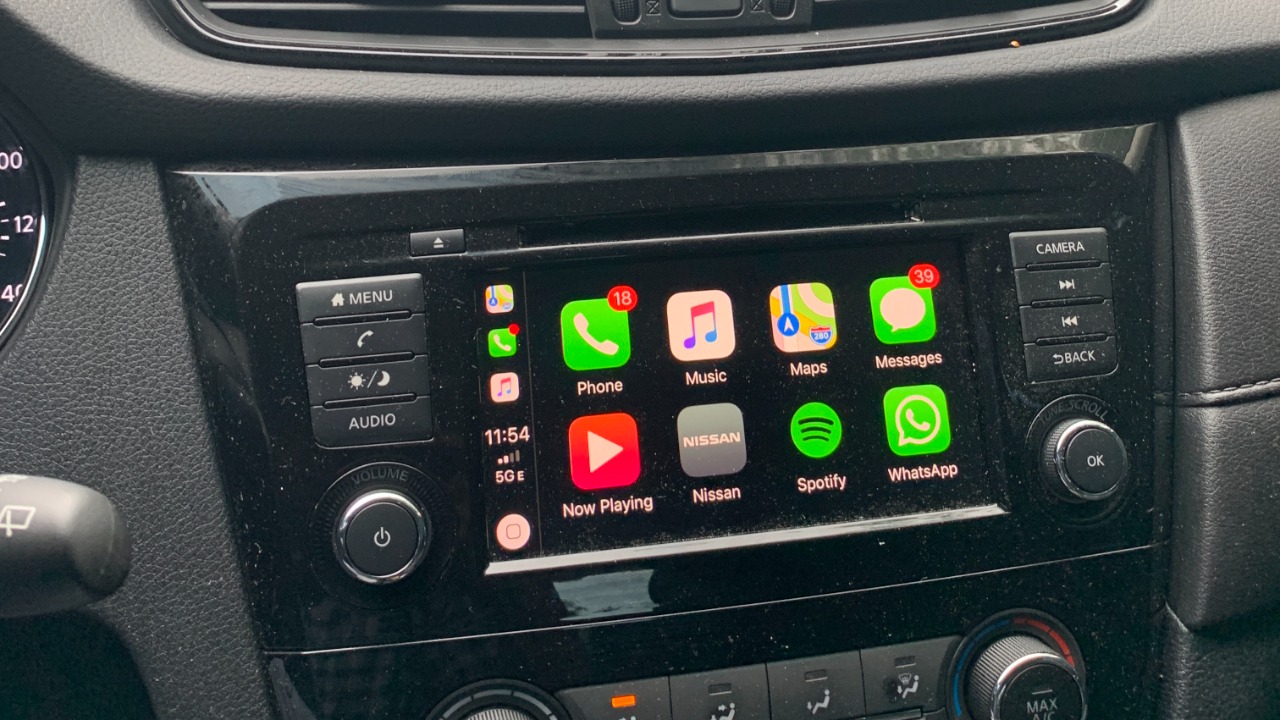
Smartphone integration systems like Apple CarPlay and Android Auto bring the power of your smartphone to your car’s dashboard, allowing seamless access to apps and services. While convenient, this integration means your car can access and share data from your phone.
Contacts, messages, and app data could potentially be exposed to car manufacturers or app developers. The reliance on third-party apps further complicates the issue, as many apps have their own privacy policies and data-sharing practices that are not always transparent.
Event Data Recorders
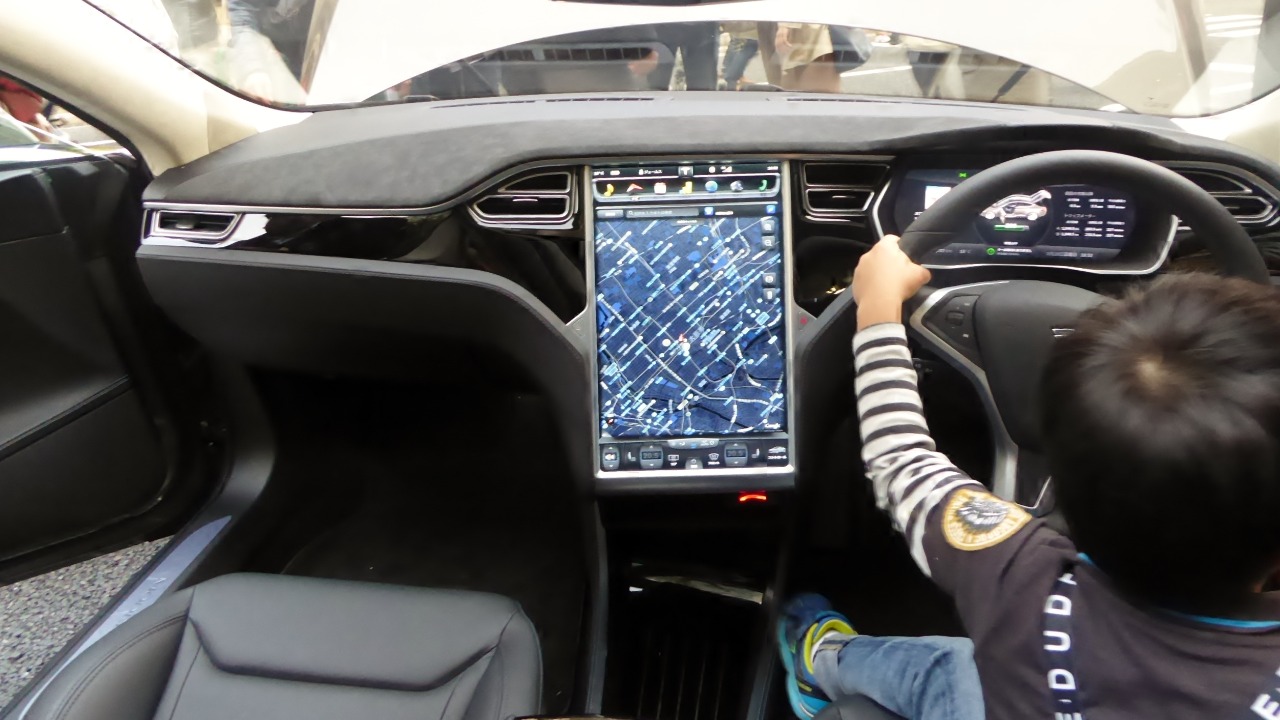
Event data recorders (EDRs), similar to black boxes in airplanes, are present in most modern vehicles. They record data related to car crashes or accidents, such as speed, braking, and seatbelt usage. While primarily used for safety investigations, EDRs can provide a detailed account of your driving habits.
Insurance companies and law enforcement agencies can access this data, sometimes without your consent, raising concerns about data privacy and ownership. Understanding who controls this data and how long it’s retained is crucial for consumers.
Wi-Fi Connectivity
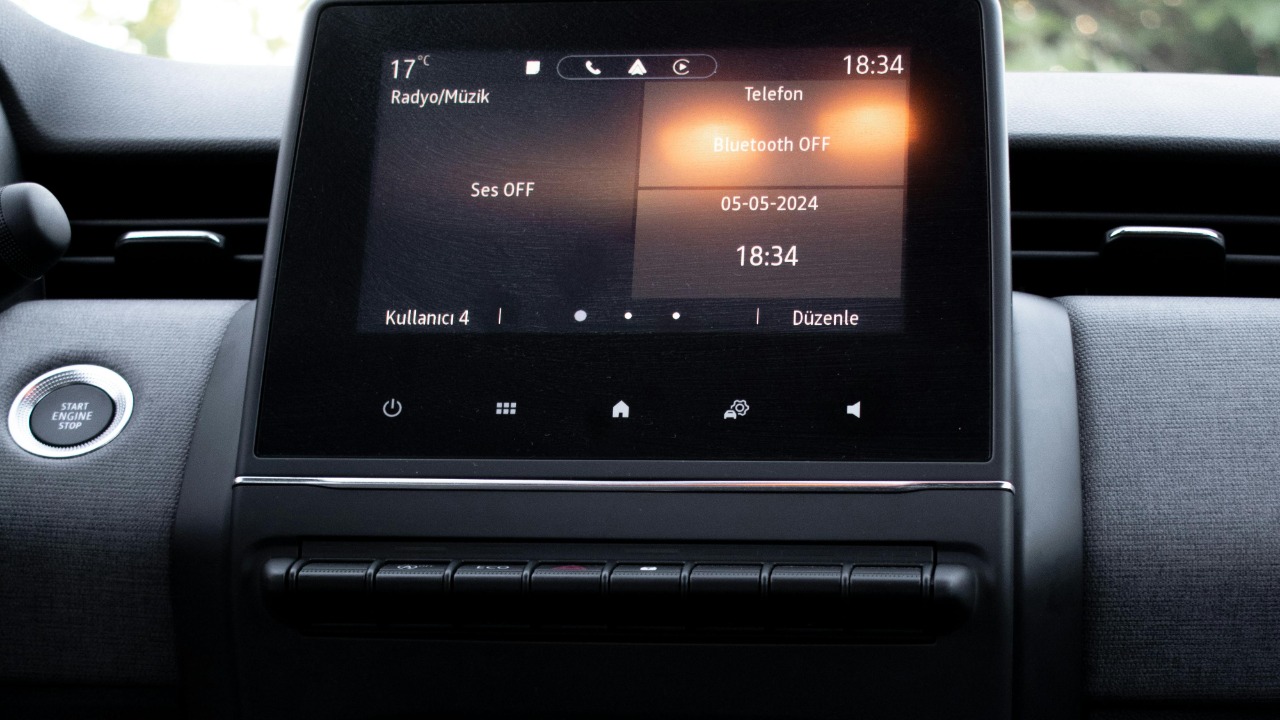
Wi-Fi connectivity in cars offers passengers internet access and enables over-the-air updates for vehicle software. However, this connectivity also introduces potential vulnerabilities, as hackers could exploit weak security protocols to access your car’s systems and data.
Moreover, data transmitted over these networks could be collected by service providers or manufacturers, leading to concerns about data privacy and protection. Ensuring robust security measures are in place is essential to safeguard your personal information.
Third-Party Apps
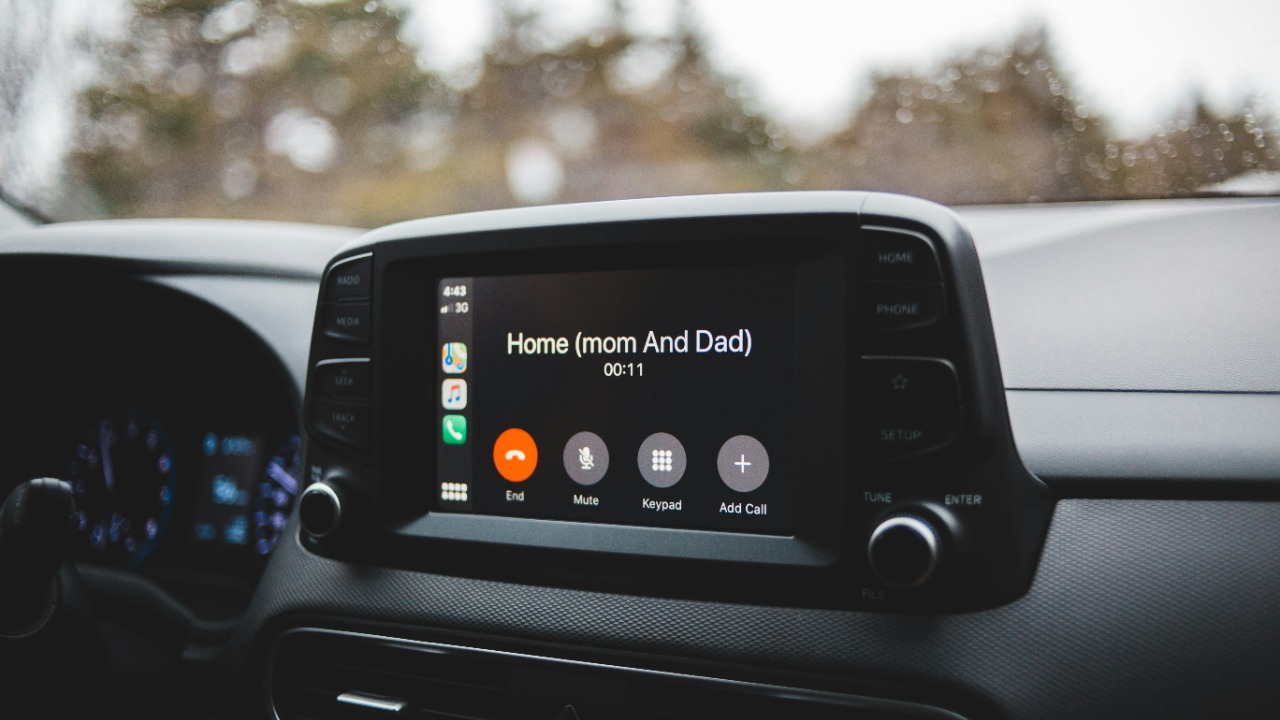
Third-party apps, available through car infotainment systems, add functionality and entertainment options. However, these apps often require access to personal data, such as location and contact information, which can be shared with app developers and advertisers.
The varying privacy policies of these apps can make it challenging to track how your data is used and shared. Reading app reviews and understanding permissions before installation can help mitigate privacy risks. For a look into how third-party apps might be spying on you, see this analysis.
OBD-II Devices

On-board diagnostics (OBD-II) devices, often used for vehicle diagnostics and performance tracking, plug into your car’s OBD-II port. These devices can provide valuable insights into your vehicle’s health but also collect extensive data on your driving habits.
While they are primarily used for maintenance purposes, some devices share data with third-party companies for analysis and marketing. Understanding the terms of service and privacy policies of these devices is crucial to maintaining control over your data.